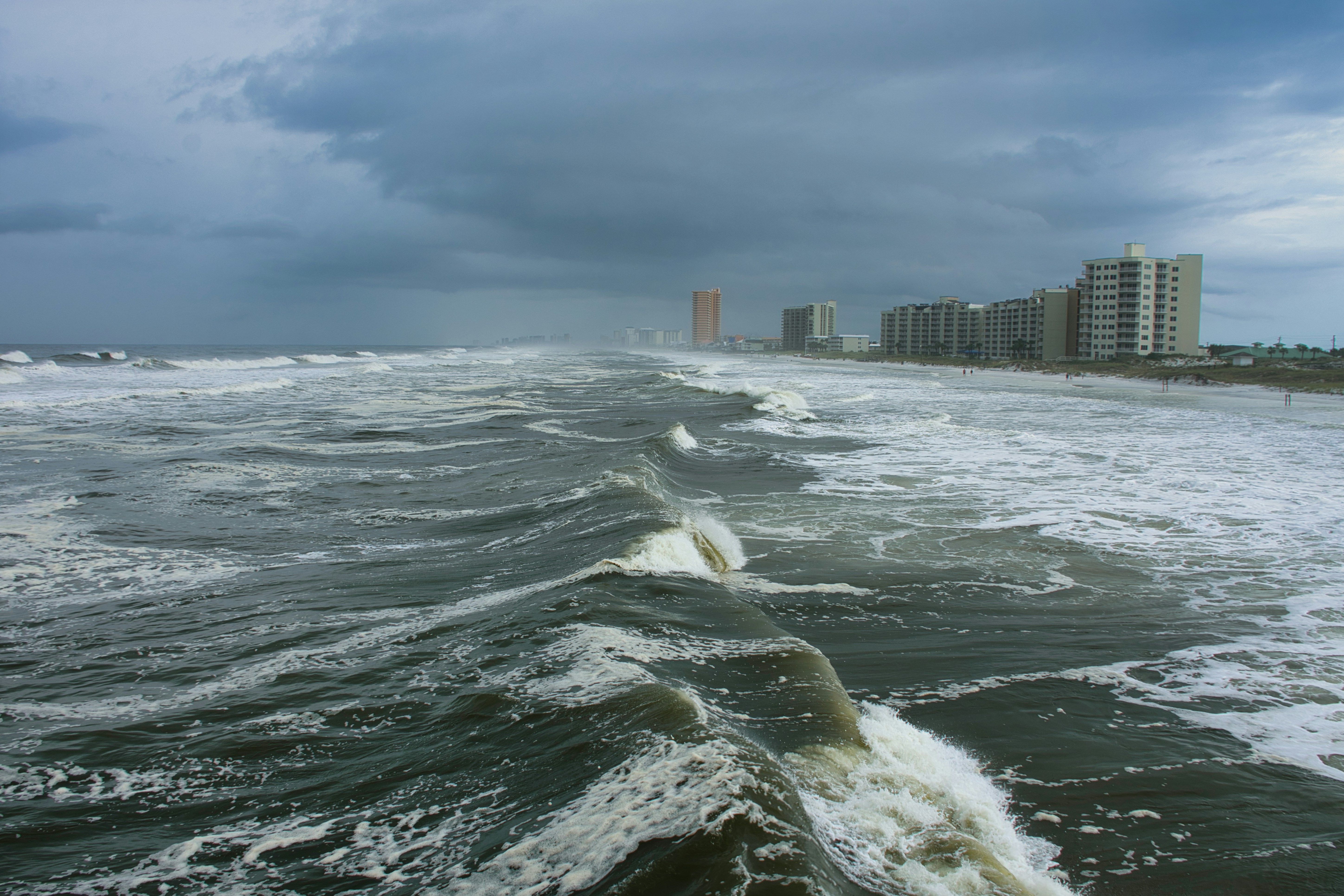The Crucial Role of Nonprofits in Hurricane Relief
In the aftermath of devastating hurricanes, the immediate and efficient response can make all the difference in recovery efforts. Nonprofit organizations often lead the charge, providing essential aid, resources, and support to affected communities. Their role in hurricane relief efforts is not only significant but also multifaceted, addressing immediate needs and long-term recovery.
Swift Response in Times of Crisis
When a hurricane hits, the initial hours and days are critical. Nonprofits are often among the first to respond, deploying emergency teams equipped to offer medical aid, distribute food and clean water, and provide temporary shelter. Organizations like the American Red Cross and local charity groups work tirelessly to ensure that basic needs are met as swiftly as possible.
Furthermore, these groups are skilled in mobilizing volunteers and resources. According to a [FEMA report](https://www.fema.gov), volunteer organizations fill in gaps where government resources may fall short, particularly in remote or underserved areas.
Long-Term Recovery and Rebuilding
After the immediate crisis passes, the focus shifts to long-term recovery. Nonprofits play a pivotal role in rebuilding efforts, from restoring homes to reviving local economies. They often partner with government agencies and private sectors to leverage resources and expertise effectively. In Florida, for instance, various nonprofits have spearheaded community rebuilding projects, emphasizing sustainable and resilient structures.
Nonprofits also focus on economic recovery by providing microgrants to small businesses and offering job training programs to those who have lost their employment due to hurricane impacts. This dual approach not only aids in physical rebuilding but also in restoring livelihoods, thereby ensuring a comprehensive recovery process.
Supporting Vulnerable Populations
Certain populations are disproportionately affected by hurricanes, including the elderly, disabled, and low-income families. Nonprofit organizations tailor their services to meet the unique needs of these vulnerable groups. For example, specific programs target elder care, ensuring that seniors have access to necessary medications and safe living environments.
Additionally, nonprofits often advocate for policy changes that address the systemic issues contributing to these vulnerabilities. By working closely with local governments, they help to implement effective strategies to better protect and prepare these populations for future storms.
Engaging the Community in Preparedness
An essential aspect of nonprofit work is community engagement. By promoting education and awareness about hurricane preparedness, they empower individuals and communities to take proactive steps in safeguarding themselves against future disasters. Workshops and training sessions on emergency readiness are conducted regularly, often free of charge.
Organizations like HelpNow offer courses that focus on disaster preparedness and response, equipping both individuals and corporations with the knowledge and tools needed to weather any storm. For those interested in deepening their understanding, you can explore our courses for comprehensive training.
Collaborative Efforts Enhance Impact
The strength of nonprofits lies in their ability to collaborate across different sectors and communities. By forming coalitions with other organizations, governments, and private enterprises, they amplify their impact. During hurricane relief efforts, this collaboration facilitates a more organized and efficient response, maximizing resources and reaching a broader population.
Collaborative efforts also include technology-driven solutions for better disaster management. For instance, nonprofits have been at the forefront of implementing data analytics to optimize the delivery of aid, ensuring that resources are directed where they’re most needed.
How You Can Help
The success of nonprofit hurricane relief efforts depends significantly on public support. Donations, whether monetary or in-kind, help sustain their critical work. Volunteerism is another vital component, offering hands-on assistance in areas like logistics, distribution, and ground operations.
If you’re interested in contributing, consider donating to HelpNow’s relief efforts or volunteering with our team. Every bit of support aids in creating a more resilient and prepared community capable of withstanding future challenges.
In conclusion, nonprofits are indispensable in hurricane relief efforts. Their commitment to immediate response, long-term recovery, and community engagement lays the groundwork for a more resilient society, well-prepared to face the challenges posed by nature’s fury. Through continued support and collaboration, they continue to light the path toward recovery and preparedness for all communities.

